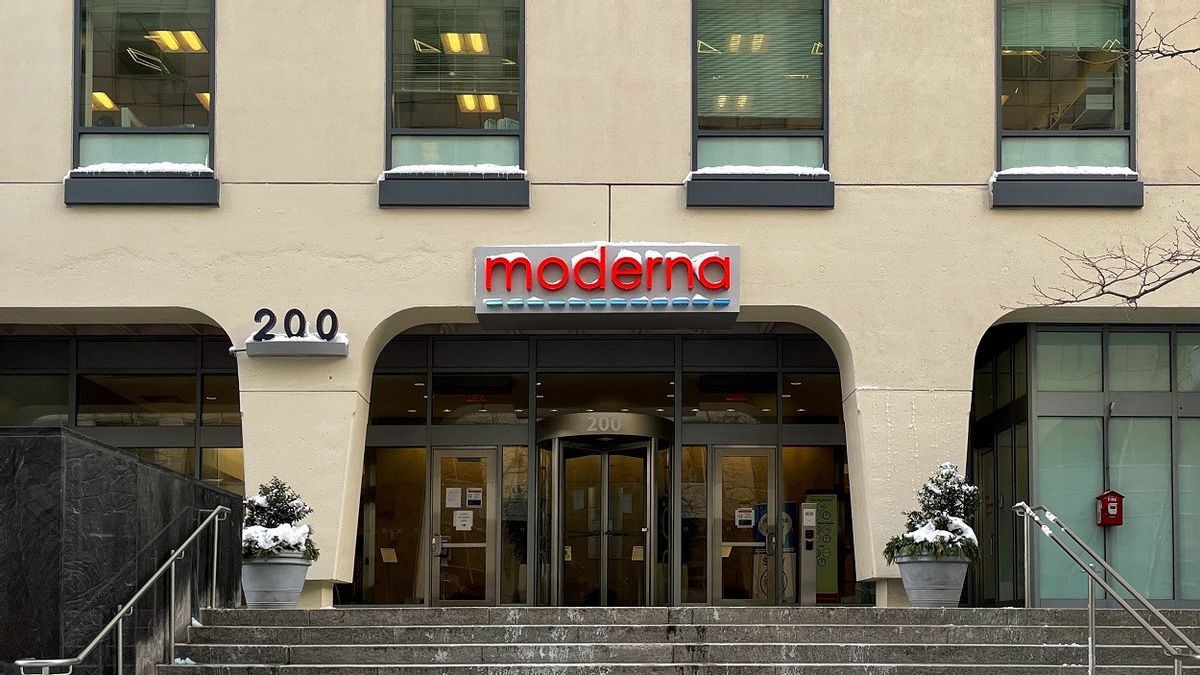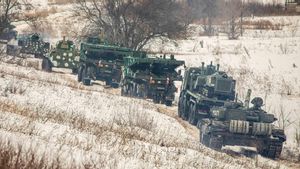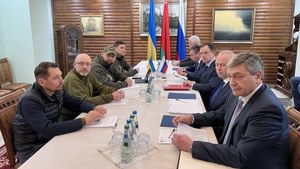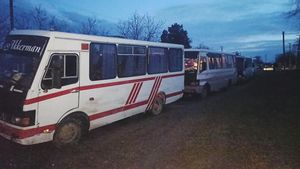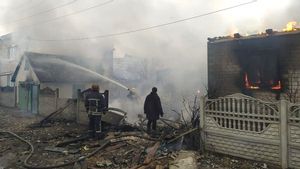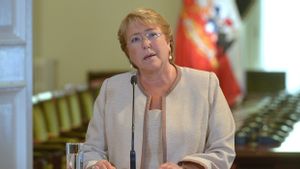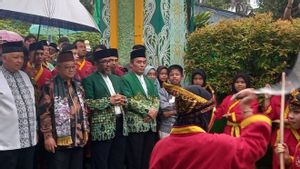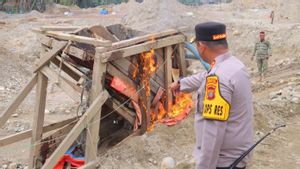JAKARTA - Moderna Inc., said Monday this week it plans to develop and start testing vaccines targeting the world's 15 most worrisome pathogens by 2025, permanently relaxing COVID-19 vaccine patents for low- and middle-income countries.
The US biotechnology company also said it would make messenger RNA (mRNA) technology available to researchers working on new vaccines for emerging and neglected diseases through a program called mRNA Access.
Moderna announced its strategy ahead of the UK government-sponsored Global Pandemic Preparedness Summit and the Coalition for Epidemic Preparedness Innovation (CEPI), an international coalition formed five years ago to prepare for future disease threats.
Moderna has collaborated with partners on vaccines against some of the 15 pathogens, which include Chikungunya, Crimean-Congo hemorrhagic fever, Dengue, Ebola, Malaria, Marburg, Lassa fever, MERS, and COVID-19.

Such collaborations include a Nipah virus vaccine with the US National Institutes of Health and an HIV vaccine with the Gates Foundation and the International AIDS Vaccine Initiative, Moderna President Stephen Hoge said in an interview.
The company will seek new partners for others or develop them internally, he said.
Meanwhile, Moderna Chief Executive, Stephane Bancel, said at a virtual press conference on Monday, 15 viruses are known to be threats that have not been addressed by many major drugmakers. The COVID-19 pandemic, which has killed six million people worldwide and sickened millions more, has made it clear that a change needs to be made, according to Bancel.
"Too many lives have been lost in recent years", he said.
Early in the COVID-19 pandemic, Moderna promised not to enforce its vaccine patents during the emergency phase of the health crisis.
That would allow the development of vaccine manufacturing plants in Africa supported by the World Health Organization (WHO) as part of a pilot project to provide poor and middle-income countries with the knowledge of how to make a COVID-19 vaccine.
Moderna said it would make the pledge permanent for 92 low- and middle-income countries, which are eligible for assistance under the COVAX Advance Market Commitment (AMC) led by the GAVI vaccine alliance.

A company spokesman said Moderna would not apply a patent for a COVID-19 vaccine developed in South Africa by WHO-backed Afrigen Biologics for low- and middle-income countries AMC-92.
While it will not enforce its patents in these countries, Hoge said Moderna does not intend to share its vaccine technology with a WHO-backed technology transfer center in South Africa, despite lobbying efforts by the organization.
Earlier on Monday, the company said it would set up a manufacturing facility in Kenya, a first in Africa, to produce mRNA vaccines, including against COVID-19.
SEE ALSO:
Then, as part of future pandemic plans, Moderna intends to make its technology available to academic research laboratories, to test their own theory of vaccines to tackle emerging and neglected diseases. Hoge said some of these could eventually result in a partnership with Moderna to tackle the 15 priority pathogens.
"What we want to make sure happens is that scientists who have a great idea of how they can make a vaccine will be able to access our standards and technology, almost like they worked at Moderna", Hoge said.
Initially, the program will start with a few academic laboratories, but Hoge expects it to expand rapidly. He sees the program as a way to expand vaccine discovery using mRNA technology.
"We wanted to make sure that we allowed other people to explore spaces that we honestly couldn't reach. And that's really what this is about."
The English, Chinese, Japanese, Arabic, and French versions are automatically generated by the AI. So there may still be inaccuracies in translating, please always see Indonesian as our main language. (system supported by DigitalSiber.id)
